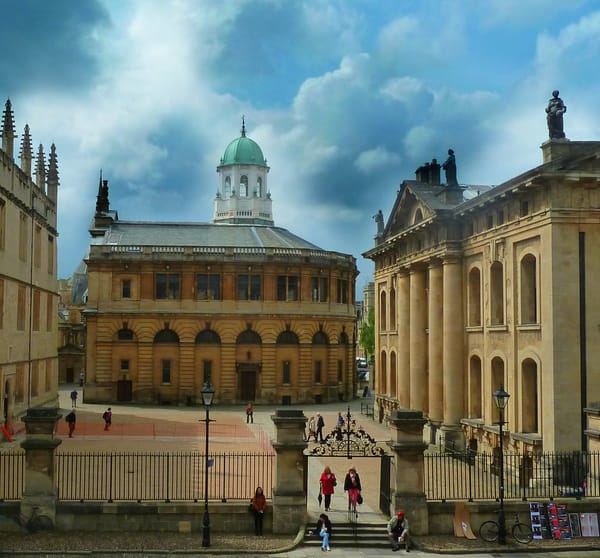Imperial Physicists are ready to turn light into matter within a year
Physicists at Imperial College London are ready to turn light into matter within a year, according to new research published in the journal Nature Photonics.
Physicists at Imperial College London are ready to turn light into matter within a year, according to new research published in the journal Nature Photonics. If successful, the collider would have the capacity to demonstrate one of the most famous theories in physics: Einstein’s theory of relativity, which claims, among other things, that matter and energy are essentially interchangeable.
The theory which laid the groundwork for this research was first described in 1934 by two American Physicists Gregory Breit and John Wheeler. They claimed that under very specific circumstances two photons of light could combine to produce an electron and a positron. While the Breit-Wheeler theory suggested that light could be turned into matter, the researchers weren’t optimistic about its application. In their study they said it was “hopeless to try to observe the pair formation in laboratory experiments”, as it was based on calculations alone.
Imperial physicists now suggest that the experiment is not as hopeless as once thought. By using high powered lasers, lead authors Oliver Pike and Steven Rose have developed a system for evidencing the Breit-Wheeler theory. The “photon-photon collider” could offer a way to smash light particles together to test whether electrons do indeed result from the collision. Pike tells The BBC: “With a good experimental team, it should be quite doable.”
Pike and Rose describe how they can turn light into matter: first, electrons are fired at a slab of gold to produce a beam of high-energy photons. Then a high-energy laser is fired into a tiny gold capsule called a ‘hohlraum’. A bright light, similar to ones emitted from stars is produced. Finally, the first beam of photons is directed into the hohlraum and the two steams of photons collide. Pike and Rose hope to set up this process within the next 12 months.
Rose and Pike say that there are plenty of laboratories around the world that have the equipment to perform photon-photon collisions. By adapting technology used in fusion research, the experiment could be implemented at existing facilities in the UK. “The race to carry out and complete the experiment is on”, Pike says.






